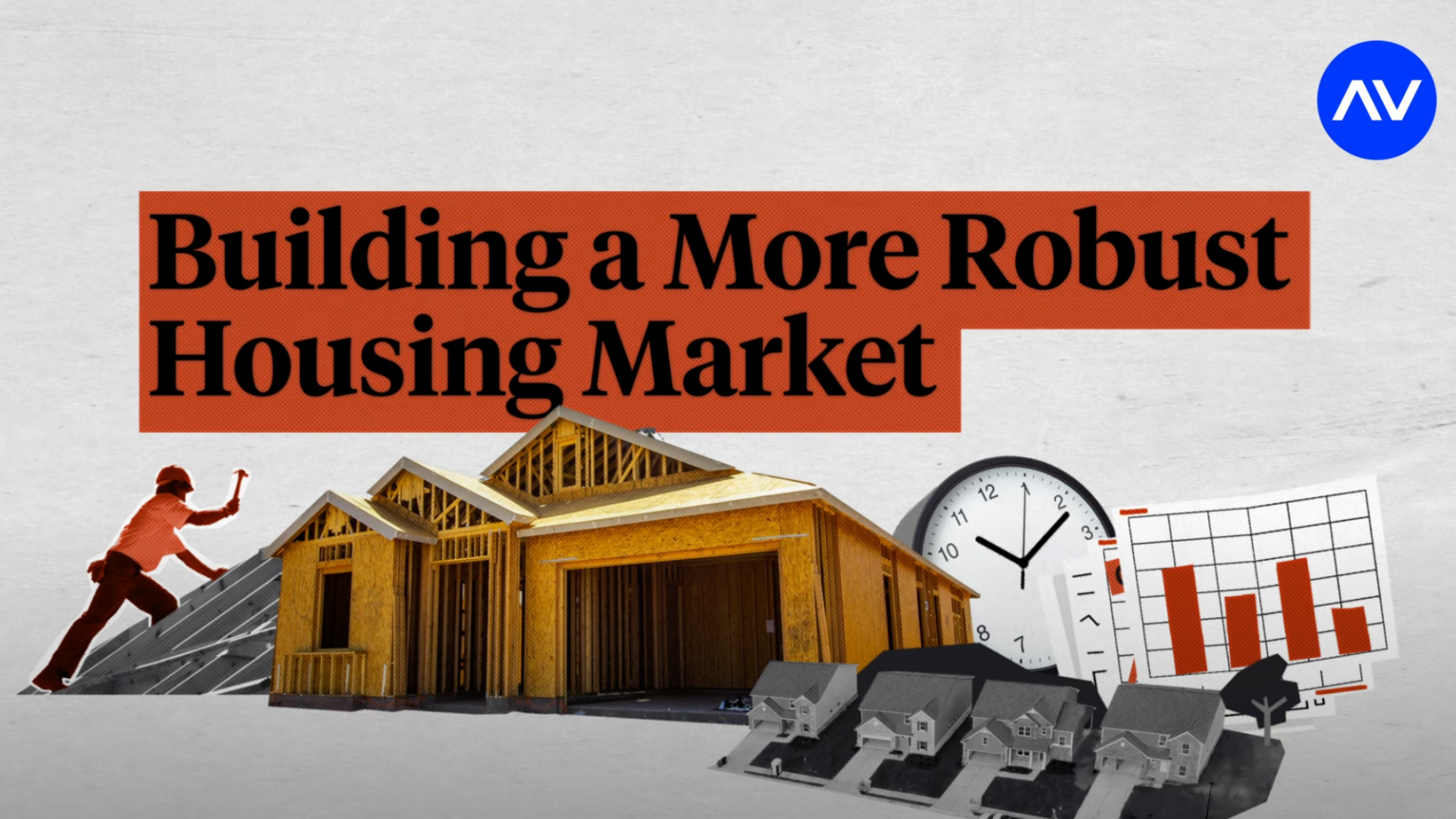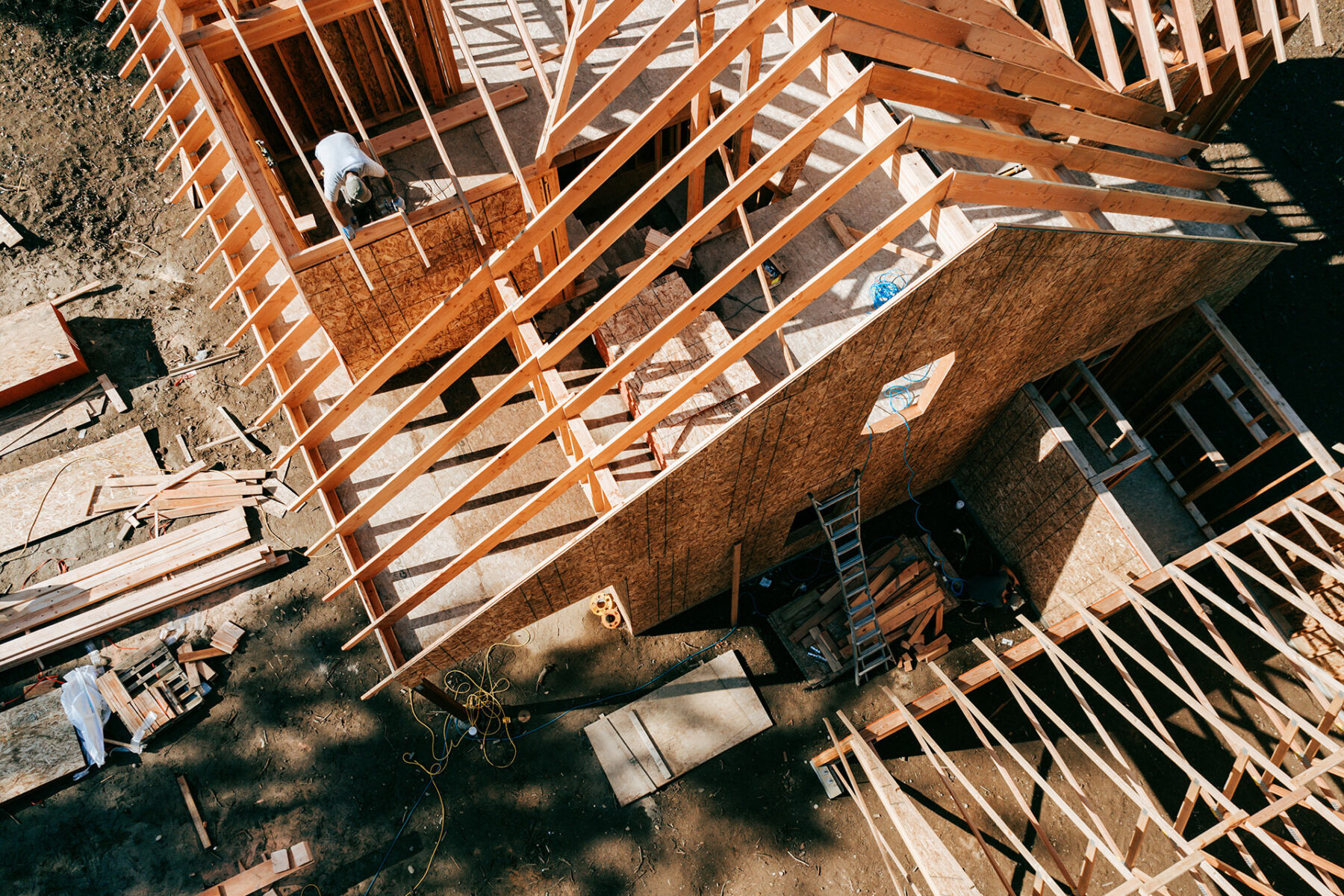Over the past decade, communities across the United States have struggled to build enough homes to keep pace with rising demand. Many communities face steeply rising rents and prices, coupled with limited availability. Political fights often stall solutions. Yet, there are places where bipartisan, evidence-based, pro-housing policies are making a real difference, demonstrating that progress is possible when leaders work together to expand supply.
Next week, YIMBYtown 2025 will bring together America’s most effective pro-housing leaders to share lessons from past victories and strategize for the next phase of reform. The conversation comes at a critical moment. Housing affordability continues to deteriorate in nearly every region, from coastal metros, to booming Sunbelt cities, to mid-sized towns. To make meaningful progress, we need to convert grassroots energy into smart, lasting, evidence-based policy.
The root of the housing crisis is straightforward: we have not built enough homes in the places people most want and need to live. Job growth in many areas has outpaced housing production, leading to severe affordability problems. Research from the Brookings Institution demonstrates that expanding the housing supply, especially in neighborhoods near jobs, schools, and transit, can lower prices and increase access to opportunity. Yet local policies still make it difficult to build homes in the places where demand is strongest.
In recent years, state legislators have passed laws that legalize more multifamily housing near transit and in commercial areas. For example:
- Texas recently passed a flurry of pro-housing reforms to boost housing supply. Notably, the state reduced minimum lot sizes to about 3,000 square feet for large subdivisions in cities, allowing developers to build more homes per acre.
- Washington state requires cities to permit at least fourplexes in residential zones.
- Montana adopted a sweeping suite of land-use reforms with support from both parties.
Advocacy groups attending YIMBYtown helped drive many of these wins. But writing better laws is only one part of the equation. We need to remove financial, political, and administrative barriers that continue to block housing construction.
America’s Housing Squeeze: Why Expanding Housing Choices Is the Key to Affordability
Outdated zoning laws and complicated building regulations are limiting the number of homes we can build — and driving up costs. This video explores what’s causing the housing supply shortage and highlights real policy solutions gaining bipartisan support.

One major obstacle is the cost and complexity of building new homes. Construction expenses have surged due to labor shortages, supply chain disruptions, and higher interest rates. Local governments often impose additional costs through design mandates, parking requirements, and lengthy discretionary review processes. These layers of red tape can make even modest developments financially infeasible.
Policymakers should review local rules and identify those that raise costs without delivering clear public benefits. Evidence-based permitting reforms, such as objective standards and time limits, can reduce delays and help projects move forward.
We also need to hold cities accountable for following state housing laws. Legalizing apartments on paper does not guarantee they will get built. Some cities adopt zoning codes that technically comply with state reforms but contain enough poison pills to discourage developers. Others slow-walk approvals or levy excessive fees. To ensure real change, states must monitor compliance, publish data, and enforce the rules they enact. Utah’s new dashboard to track production of starter homes offers one example of how states can improve transparency in local compliance.
At Arnold Ventures, we back policies that expand the housing supply through targeted, evidence-based reforms. That includes zoning changes, smarter infrastructure investments, streamlined permitting, and stronger public-sector capacity to plan and deliver housing. We prioritize initiatives that produce measurable results: more homes, lower prices, and improved access to opportunity.
YIMBYtown offers a timely opportunity to reflect and to look ahead. AV Vice President of Infrastructure Jenny Schuetz will moderate a panel titled “The First Decade of YIMBY and What’s to Come,” featuring leaders from California YIMBY, Open New York, Greater Greater Washington, Sightline Institute, and Abundant Housing Massachusetts in a candid discussion about how the movement can scale its impact. These groups have shown that advocates can win even in tough political environments. Now, we must ensure those wins translate into real-world progress.




